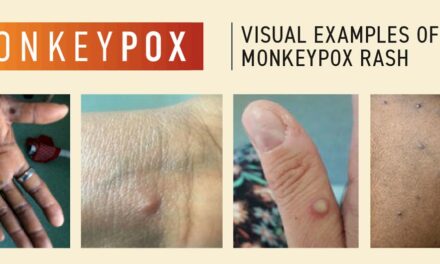Singapore, November 2024 – A breakthrough study from Singapore is bringing new hope to the fight against lung cancer, especially in non-smokers, who are the primary victims of Non-Small Cell Lung Cancer (NSCLC). NSCLC remains one of the most diagnosed and deadliest cancers globally. While current treatments, like tyrosine kinase inhibitors (TKIs), target mutant Epidermal Growth Factor Receptors (EGFR), they often fail due to the cancer’s rapid ability to develop resistance. This emerging resistance is spurring the search for more effective therapies.
A team led by Assistant Professor Minh Le from the Institute for Digital Medicine (WisDM) and the Department of Pharmacology at the National University of Singapore’s (NUS) Yong Loo Lin School of Medicine has taken an innovative step toward overcoming these challenges. The team has successfully harnessed nano-sized particles, naturally released by cells such as red blood cells, to create a novel drug delivery platform for targeted cancer treatment.
The study, published in eBioMedicine, focused on using extracellular vesicles (EVs) derived from human red blood cells to deliver antisense oligonucleotide (ASO) molecules directly to lung cancer cells. These ASOs target and suppress the mutant EGFR, the most common driver of lung cancer in Asian populations. Unlike traditional therapies, ASOs can be specifically customized to combat different mutations, allowing for more personalized treatments and greater efficacy.
“The rapid emergence of drug resistance mechanisms due to mutations in cancer is one of the biggest challenges we face in treatment development. Our aim was to create a safer, more effective, and customizable therapy that could be delivered directly to cancer cells,” said Assistant Professor Minh Le.
In collaboration with the Cancer Science Institute of Singapore, the Agency for Science, Technology and Research (A*STAR), the National Cancer Centre Singapore (NCCS), and Duke-NUS Medical School, the researchers discovered that the red blood cell-derived EVs could be engineered with specific targeting molecules to direct them precisely to cancer cells. This method ensures that the ASOs are delivered directly to the tumor site, overcoming one of the significant challenges with ASO therapy – their tendency to degrade quickly in the bloodstream, diluting their therapeutic effect.
Associate Professor Tam Wai Leong, Deputy Executive Director of A*STAR Genome Institute of Singapore and co-corresponding author of the study, emphasized the importance of this development: “The ability to precisely target mutant EGFR cancer cells while sparing normal tissues allows for customized treatment strategies, which is a huge advancement in personalized medicine. This breakthrough offers new hope for patients with drug-resistant cancers.”
Moreover, the team demonstrated that these ASO-loaded EVs could successfully combat TKI-resistant cancer cells, showcasing their potential as a powerful therapeutic tool. Unlike traditional treatments, the ASOs can be tailored to target unique mutations in individual patients, significantly enhancing the precision of the treatment.
Professor Goh Boon Cher, Deputy Director of the Cancer Science Institute of Singapore and co-author of the study, further noted, “This research not only opens up new possibilities for treating lung cancer but also serves as a proof of concept for the precise delivery of therapeutic RNA to tumors. The same technology can be applied to other cancers, paving the way for more personalized cancer therapies.”
The findings mark a significant milestone in the battle against lung cancer, offering a promising new approach to overcoming drug resistance and advancing personalized cancer treatment. As the team continues to refine their approach, this innovative method could soon become a critical tool in the fight against not only lung cancer but other malignancies as well.












